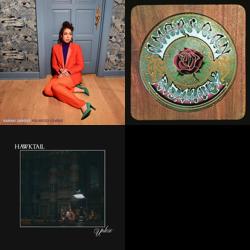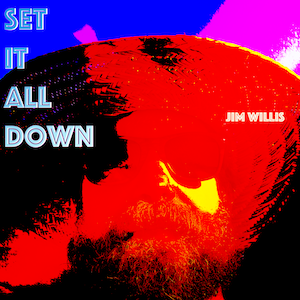For some, this is the “sex, drugs, and rock and roll” stage. But even if you aren’t someone who’s into a libertine lifestyle, “the aesthetic” might encompass a more innocent sort of experience—a hobby such as travel, say. This is fine for a while. For many, though, this consumerist approach to living eventually comes to seem trivial—and, ultimately, boring. “Is this all there is?” you ask yourself. At this transition to the next stage, you need to shift from treating life as an act of consumption to becoming part of a process that creates deeper experiences. You need to “get inside the machine.” This new approach to life requires making new commitments, which can involve a difficult and frightening vault into the unknown.
Note: I’m here, I think, in that my interest in music and playing an instrument feels like it needs more focus, less dispersion so that I can go deeper, instead of wider. The problem is that sometimes the deeper you go, the more connections you discover and the broader the view: bluegrass->Western swing->nashville telecaster, etc.
Therein lies the paradoxical beauty of Kierkegaard’s approach for all of us. The monotony of life contains a reservoir of ways to find relief, if we can only muster the courage and energy to dive in instead of opting out. If today you find yourself bored with your work—perhaps surfing around and reading some random essay on happiness—you may have just gotten a signal from the universe that it’s time for your spirit to evolve.

